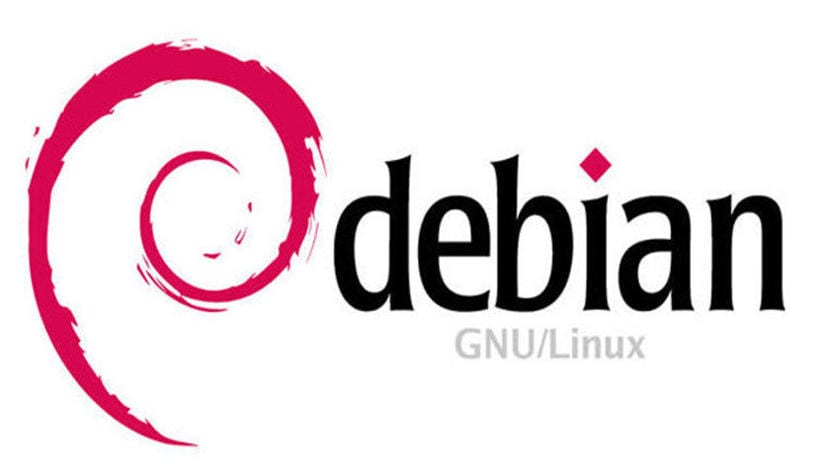
The Debian Project Leader o (DPL, for its acronym in English) is the official representative of the Debian project. The project leader are a designated Debian developer for a period of one year after an election in which all Debian developers are eligible to vote.
The Debian DPL has two main functions, one internal and one external. In its external role, the DPL represents the Debian project in the eyes of the outside world.
This includes providing Debian interviews and presentations, attending trade shows, and building good relationships with other organizations and companies.
While internally, the Debian DPL is leading the project and setting the course of action- You need to talk to other Debian developers, especially delegates, to see how you can help them in their work.
One of the main tasks of the Debian DPL is, therefore, to coordinate and communicate.
How is the Debian DPL chosen?
Six weeks before the end of the Project Leader's term, the project secretary prepare a new election and a call for nominations is launched.
Only people recognized as Debian developers are eligible and they have a week to share their intentions.
Then follows a campaign period of three weeks. Debian developers vote for the last two weeks to choose the new Debian DPL.
Although there is an option on the ballots for voting that indicates that "none of the candidates" which allows, if you win the majority of the votes, to start the whole process from the beginning.
But what if the Debian project held an election and in the end no candidate came forward?
Debian people don't want extra responsibilities
This year, On March 3, the project secretary, Kurt Roeckx, submitted the request for applications.

But on March 10, no eligible candidate had submitted his name.. Chris Lamb was notable for his absence from the discussion, suggesting that he does not want to run for a third term.
The campaign period should have started by now, but no one seems to be interested in the position of the Debian DPL this year.
Although the internal Debian protocols naturally describe what should happen in this situation: the application period is extended for one week.
Therefore, all Debian developers who have not applied after the deadline now have an additional seven days to rectify the process.
The new deadline is March 17. However, if this deadline does not fix this (zero candidates at the end), it will be extended for another week and this cycle will repeat indefinitely until someone submits their name.
However, the newly elected new project manager will have to wait until the end of Lamb's tenure before assuming his full duties.
At the same time, there is no provision to block the outgoing DPL from the office and force him to continue to perform his duties when his term expires.
Already at least a week late, it is now certain that the Debian project will run for a while without a DPL.
Some developers seem to like this possibility and even suggest that a machine learning system be installed in this position.
What happens in these cases?
The good news is that this eventuality has been foreseen in the constitution of the project: «Therefore, in the absence of the Debian DPL, the chair of the technical committee and the secretary of the Debian project have the right to make decisions, to the extent that they are able to agree on the nature of these decisions.
In other words, the Debian project will still function for a moment without a DPL, although various aspects of project activities can slow down and become more complicated if the current situation persists.
One may wonder, however, why no one seems to want to lead this project. The fact that this is an unpaid position that requires a lot of time and travel may be a factor.
If this were part of the problem, Debian might consider doing what several similar organizations did and creating a paid position for this job.
Its Social Contract is completely understandable and it is one of its pillars that have led it to be a benchmark in its implementation as a Server or desktop terminal, but it became its greatest limitation to transcend and become much more than what was achieved by RedHat, Ubuntu and OpenSuse. The branding that Debian has achieved is too respectable and totally wasted. In my humble opinion, respecting contraries, Debian was called to be a world leader in this matter, but for some reason they decided to follow the path of the monk and the monastic life. They could be organized industrially to something similar to that seen in many religious structures, where nobody owns anything, each position is transitory, but financially solid and with a high sense of fiscal self-control. Too bad, it was not and will not be.
Now they are paying the consequences. They require the urgent sponsorship of philanthropists with money to donate to allow cash flow even for travel, per diem, accommodation, educational promotion, etc., which thinking of an organization as large as Debian would be trifles, but they cannot.
The million dollar question is: what about Canonical life? Ubuntu has largely been built on top of Debian, and many first-time criticisms (with good reason) are directed at the fact that they are not redistributing the little or much economic gain that they have merited. On several occasions I have read in forums that no code is provided anymore, the same Debian founder Ian Murdock complained that today a part of the package is no longer compatible with Ubuntu wearing the same binaries.
And this ridiculous fault then of whom? of both, both Debian who stubbornly refuses to be built commercially without abandoning its principles and prefers to continue begging unnecessarily, and Canonical for stingy and ungrateful.
Long live Debian ... Debian is well conceived (I've been using it for over 15 years.)
A wonderful project that will last ...
Greetings from Patagonia Argentina.